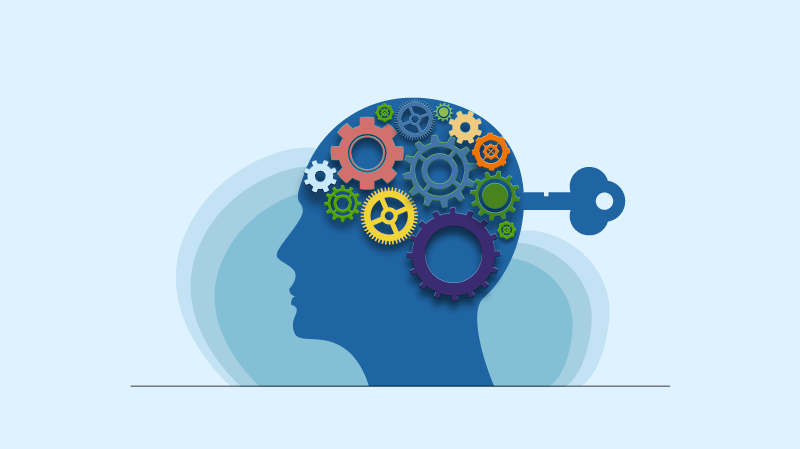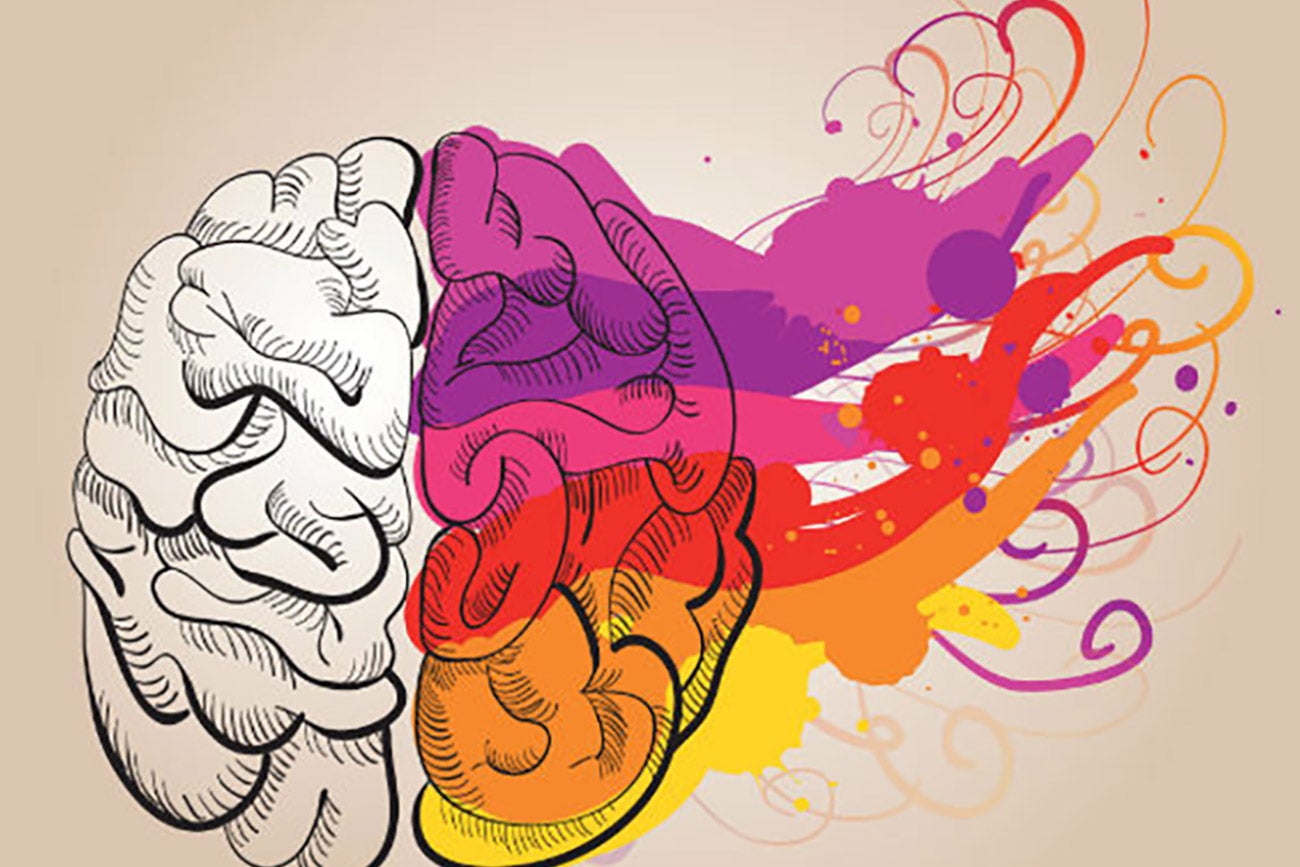Behavioral therapy is a broad term encompassing various techniques and approaches aimed at changing maladaptive behaviors. It is rooted in the principles of behaviorism, which posits that all behaviors are learned and can therefore be unlearned or modified. This article delves into the techniques and applications of behavioral therapy, highlighting its importance in modern psychology and how it can be applied to improve mental health and overall well-being. For those interested in deepening their understanding and skills in this field, Al Mithaq Institute offers comprehensive diplomas in cognitive behavioral therapy and related areas, ensuring a high-quality educational experience that promotes professional growth.
Understanding Behavioral Therapy
What is Behavioral Therapy?
Behavioral therapy is a form of psychotherapy that focuses on identifying and changing negative or destructive behaviors. It is based on the idea that behaviors are learned and can be modified through various techniques. This approach is often used to treat a wide range of psychological disorders, including anxiety, depression, phobias, and substance abuse.
Historical Background
The roots of behavioral therapy can be traced back to the early 20th century, with the work of psychologists such as John B. Watson and B.F. Skinner. Watson's work on classical conditioning and Skinner's research on operant conditioning laid the foundation for modern behavioral therapy. Over the years, the field has evolved to incorporate cognitive elements, leading to the development of cognitive-behavioral therapy (CBT), which is now one of the most widely used therapeutic approaches.
Key Principles of Behavioral Therapy
Behavioral therapy is based on several key principles:
- Behavior is Learned: All behaviors, whether adaptive or maladaptive, are learned through interactions with the environment.
- Behavior Can Be Changed: Since behaviors are learned, they can also be unlearned or modified through various techniques.
- Focus on the Present: Behavioral therapy typically focuses on current behaviors and their consequences rather than delving into past experiences.
- Goal-Oriented: The therapy is often structured and goal-oriented, with specific objectives set for each session.
Techniques of Behavioral Therapy
Classical Conditioning Techniques
Classical conditioning involves learning through association. One of the most well-known techniques based on classical conditioning is systematic desensitization, which is used to treat phobias and anxiety disorders. This technique involves gradually exposing the individual to the feared object or situation while teaching them relaxation techniques to reduce anxiety.
Operant Conditioning Techniques
Operant conditioning focuses on the consequences of behavior. Techniques based on operant conditioning include:
- Positive Reinforcement: Rewarding desired behaviors to increase the likelihood of their recurrence.
- Negative Reinforcement: Removing an unpleasant stimulus to increase the likelihood of a desired behavior.
- Punishment: Applying an unpleasant consequence to decrease the likelihood of an undesired behavior.
- Extinction: Withholding reinforcement to reduce or eliminate an undesired behavior.
Cognitive-Behavioral Techniques
Cognitive-behavioral therapy (CBT) combines cognitive and behavioral techniques to address both thoughts and behaviors. Some common CBT techniques include:
- Cognitive Restructuring: Identifying and challenging negative thought patterns and replacing them with more positive and realistic ones.
- Behavioral Activation: Encouraging individuals to engage in activities that they have been avoiding due to depression or anxiety.
- Exposure Therapy: Gradually exposing individuals to feared situations or objects to reduce anxiety and avoidance behaviors.
Dialectical Behavior Therapy (DBT)
DBT is a form of CBT that incorporates mindfulness and acceptance strategies. It is particularly effective for individuals with borderline personality disorder and other conditions involving emotional dysregulation. Key techniques include:
- Mindfulness: Teaching individuals to be present in the moment and observe their thoughts and feelings without judgment.
- Distress Tolerance: Helping individuals develop skills to tolerate and survive crises without resorting to self-destructive behaviors.
- Emotion Regulation: Teaching individuals to identify and manage their emotions more effectively.
- Interpersonal Effectiveness: Improving communication and relationship skills.
Acceptance and Commitment Therapy (ACT)
ACT is a form of behavioral therapy that emphasizes acceptance of negative thoughts and feelings rather than trying to eliminate them. Key techniques include:
- Acceptance: Encouraging individuals to accept their thoughts and feelings without judgment.
- Cognitive Defusion: Helping individuals distance themselves from their thoughts and see them as separate from themselves.
- Values Clarification: Helping individuals identify their core values and commit to actions that align with those values.
- Committed Action: Encouraging individuals to take action towards their goals, even in the presence of negative thoughts and feelings.
Applications of Behavioral Therapy
Treating Anxiety Disorders
Behavioral therapy is highly effective in treating various anxiety disorders, including generalized anxiety disorder (GAD), panic disorder, social anxiety disorder, and specific phobias. Techniques such as exposure therapy, systematic desensitization, and cognitive restructuring are commonly used to help individuals manage and reduce their anxiety symptoms.
Managing Depression
Behavioral therapy, particularly CBT, is one of the most effective treatments for depression. Techniques such as behavioral activation, cognitive restructuring, and problem-solving skills training are used to help individuals overcome negative thought patterns and engage in more positive behaviors.
Addressing Substance Abuse
Behavioral therapy is widely used in the treatment of substance abuse and addiction. Techniques such as contingency management, which involves providing rewards for abstinence, and relapse prevention, which teaches individuals to identify and cope with triggers, are commonly used to help individuals achieve and maintain sobriety.
Improving Social Skills
Behavioral therapy can be used to improve social skills in individuals with social anxiety disorder, autism spectrum disorder, and other conditions that affect social interactions. Techniques such as social skills training, role-playing, and modeling are used to teach individuals how to interact more effectively with others.
Enhancing Academic Performance
Behavioral therapy techniques can be applied in educational settings to improve academic performance. Techniques such as positive reinforcement, goal setting, and self-monitoring are used to encourage students to engage in positive academic behaviors and achieve their educational goals.
Managing Chronic Pain
Behavioral therapy is also used in the management of chronic pain. Techniques such as relaxation training, biofeedback, and cognitive restructuring are used to help individuals manage their pain and improve their quality of life.
Treating Eating Disorders
Behavioral therapy, particularly CBT, is effective in treating eating disorders such as anorexia nervosa, bulimia nervosa, and binge-eating disorder. Techniques such as exposure and response prevention, cognitive restructuring, and behavioral activation are used to help individuals develop healthier eating habits and improve their body image.
Addressing Sleep Disorders
Behavioral therapy is used to treat various sleep disorders, including insomnia. Techniques such as stimulus control, sleep restriction, and relaxation training are used to help individuals improve their sleep quality and duration.
Managing Anger and Aggression
Behavioral therapy techniques can be used to help individuals manage anger and aggression. Techniques such as anger management training, cognitive restructuring, and problem-solving skills training are used to help individuals develop more effective ways of coping with anger and reducing aggressive behaviors.
Improving Relationship Dynamics
Behavioral therapy can be used to improve relationship dynamics in couples and families. Techniques such as communication skills training, problem-solving skills training, and behavioral contracting are used to help individuals and families improve their interactions and resolve conflicts more effectively.
The Role of Behavioral Therapy in Professional Development
Behavioral therapy techniques are not only beneficial for individuals seeking to improve their mental health but also for professionals looking to enhance their skills and effectiveness in various fields. Al Mithaq Institute offers a range of diplomas and training programs that incorporate behavioral therapy techniques, providing professionals with the tools they need to succeed in their careers.
Enhancing Leadership Skills
Behavioral therapy techniques can be used to enhance leadership skills by improving emotional intelligence, communication skills, and decision-making abilities. Al Mithaq Institute's diplomas in leadership and management training provide professionals with the skills they need to lead effectively and inspire their teams.
Improving Customer Service
Behavioral therapy techniques can be used to improve customer service by enhancing communication skills, empathy, and problem-solving abilities. Al Mithaq Institute's diplomas in customer service and interpersonal skills training provide professionals with the tools they need to deliver exceptional customer service.
Boosting Sales Performance
Behavioral therapy techniques can be used to boost sales performance by improving motivation, goal setting, and resilience. Al Mithaq Institute's diplomas in sales and marketing training provide professionals with the skills they need to achieve their sales targets and excel in their careers.
Enhancing Team Dynamics
Behavioral therapy techniques can be used to enhance team dynamics by improving communication, collaboration, and conflict resolution skills. Al Mithaq Institute's diplomas in team management and organizational behavior training provide professionals with the tools they need to build and lead high-performing teams.
Developing Emotional Intelligence
Behavioral therapy techniques can be used to develop emotional intelligence by improving self-awareness, self-regulation, and empathy. Al Mithaq Institute's diplomas in emotional intelligence and personal development training provide professionals with the skills they need to manage their emotions and build strong relationships.
The Importance of Accreditation in Behavioral Therapy Training
When choosing a training program in behavioral therapy, it is important to consider the accreditation of the institution. Accreditation ensures that the program meets high standards of quality and rigor, and that the certificates awarded are recognized and respected by employers and professional organizations.
Local Accreditation
Al Mithaq Institute is accredited by the Knowledge and Human Development Authority (KHDA) of Dubai, ensuring that its programs meet the highest standards of quality and excellence. This accreditation enhances the credibility and value of the diplomas and certificates awarded by the institute.
International Accreditation
In addition to local accreditation, Al Mithaq Institute has partnered with Leeds International College in the UK, providing students with access to internationally recognized qualifications. This partnership ensures that the institute's programs are aligned with global standards and best practices in education.
Conclusion
Behavioral therapy is a powerful and effective approach to changing maladaptive behaviors and improving mental health. With a wide range of techniques and applications, it can be used to treat various psychological disorders, enhance professional skills, and improve overall well-being. For those interested in deepening their understanding and skills in behavioral therapy, Al Mithaq Institute offers comprehensive diplomas and training programs that provide a high-quality educational experience and promote professional growth. By choosing an accredited institution like Al Mithaq Institute, students can be confident that they are receiving the best possible education and training in behavioral therapy.
Call to Action
If you are interested in learning more about behavioral therapy and how it can benefit you or your organization, visit Al Mithaq Institute's website at https://almithaqinstitute.com/. Explore our range of diplomas and training programs, and take the first step towards enhancing your skills and achieving your professional goals. Contact us today to learn more about our courses and how we can help you succeed.







